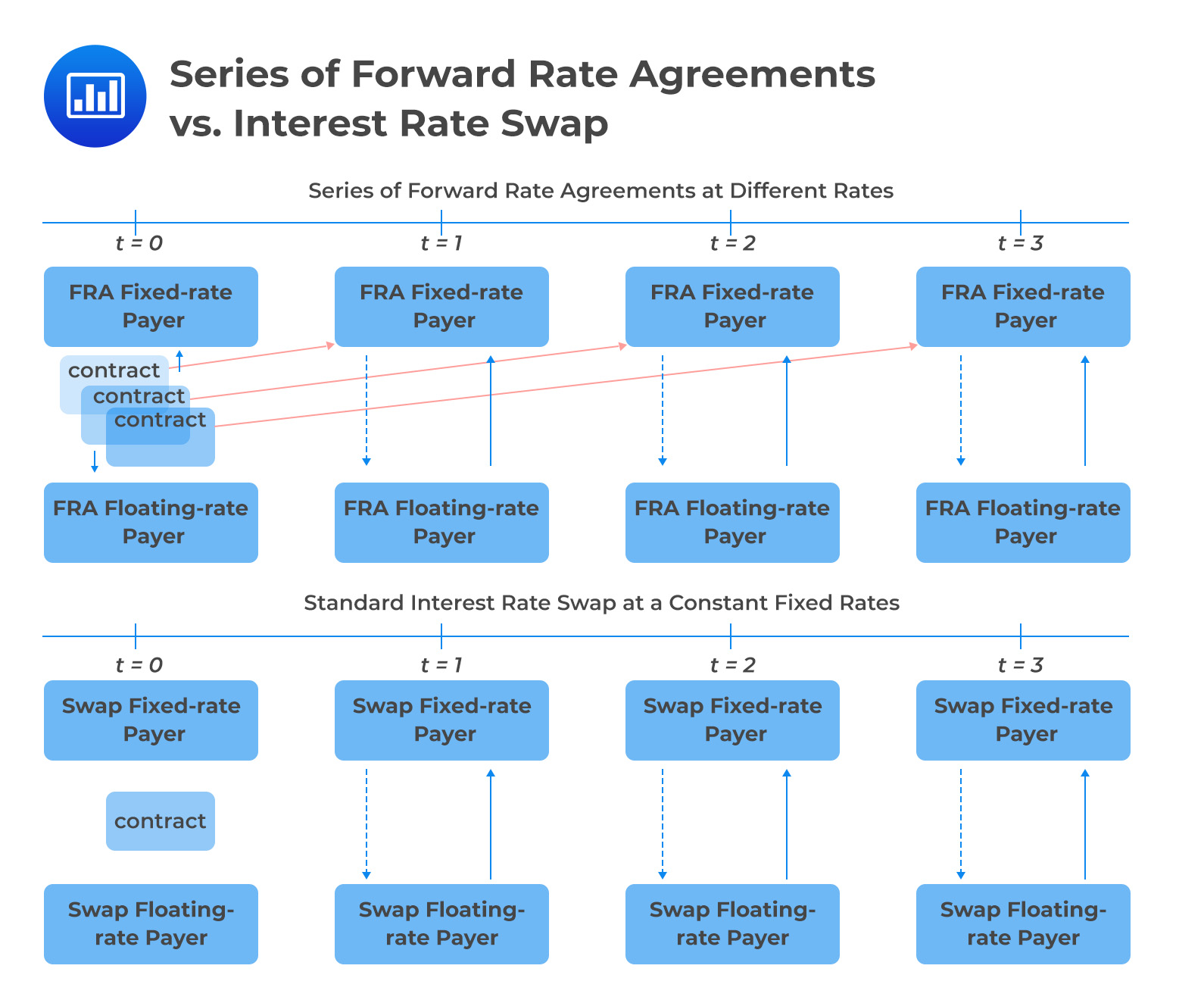The foreign exchange market, also known as the forex market, is a global network of traders who facilitate the exchange of currencies for trade and speculative purposes. Within this dynamic marketplace, forward rates play a crucial role in hedging currency risks and optimizing investment strategies. This article delves into the mechanisms that determine forward rates in the forex market, guiding you through the intricacies of this critical financial concept.

Image: www.youtube.com
What are Forward Rates?
Forward rates are agreements to exchange a currency at a future date and at a predetermined rate. These contracts are designed to lock in the exchange rate today for a transaction that will occur at a specified point in the future. Forward rates mitigate currency risks by eliminating the uncertainties associated with future exchange rate fluctuations.
Factors Determining Forward Rates
The determination of forward rates is governed by several key factors:
1. Spot Rates:
Spot rates refer to the current market exchange rates for immediate settlement of currency trades. They serve as the foundation for determining forward rates. A higher spot rate today implies a higher forward rate in the future due to the cost of borrowing in the currency market.

Image: analystprep.com
2. Interest Rate Differentials:
The interest rates offered by different countries on their currencies significantly influence forward rates. If a country has higher interest rates compared to another, its currency will likely appreciate in the future, leading to a higher forward rate.
3. Currency Speculation:
The speculative activities of traders can impact forward rates. Market participants speculate on future currency movements based on economic fundamentals, geopolitical events, and market sentiment. Anticipated appreciation or depreciation of a currency can cause forward rates to deviate from spot rates.
4. Risk Premiums:
Forward rates may incorporate risk premiums to account for the possibility of future currency movements. These premiums are influenced by factors like currency volatility, political instability, and economic uncertainty. Higher risk premiums translate into higher forward rates.
Importance of Forward Rates
Forward rates hold immense importance in financial transactions:
1. Risk Management:
Forward contracts allow businesses and investors to hedge against exchange rate fluctuations. They provide a degree of certainty regarding the cost of future currency transactions.
2. Investment Planning:
Forward rates enable investors to optimize their forex investments by securing favorable exchange rates for future purchases or sales of currencies.
3. Trade Facilitation:
Forward rates ensure a predictable exchange rate for international traders, enabling them to plan their transactions and mitigate currency risks associated with cross-border payments.
How Forward Rates Determined In Forex Market
Conclusion
Forward rates in the forex market are intricately determined by spot rates, interest rate differentials, currency speculation, and risk premiums. Understanding the factors that drive forward rates empowers traders and investors to make informed decisions that mitigate currency risks and optimize their financial strategies. By staying up-to-date on currency market dynamics, including forward rates, you can navigate the complex world of forex with greater confidence and potentially reap the benefits of global financial markets.






